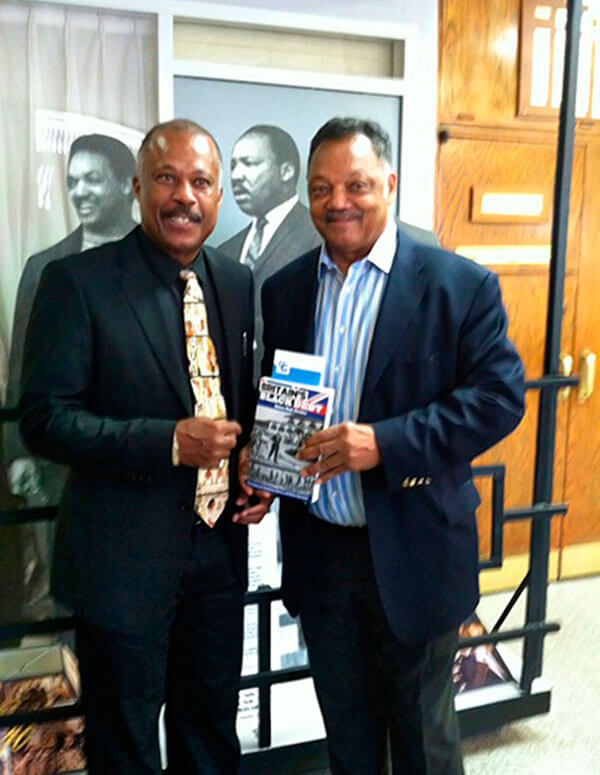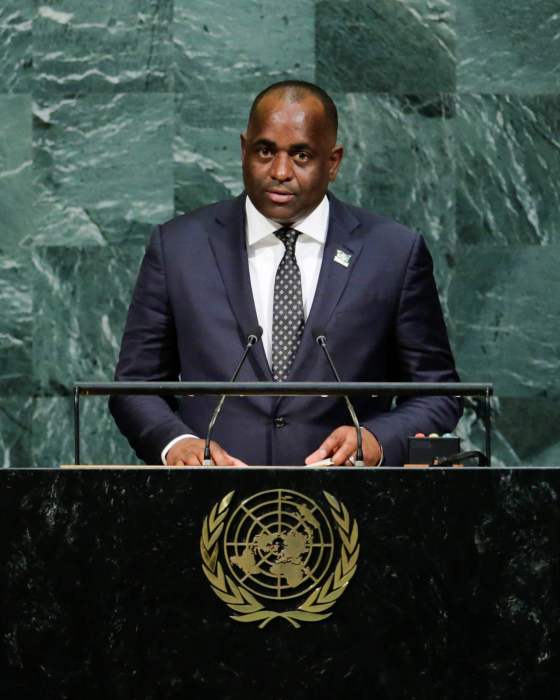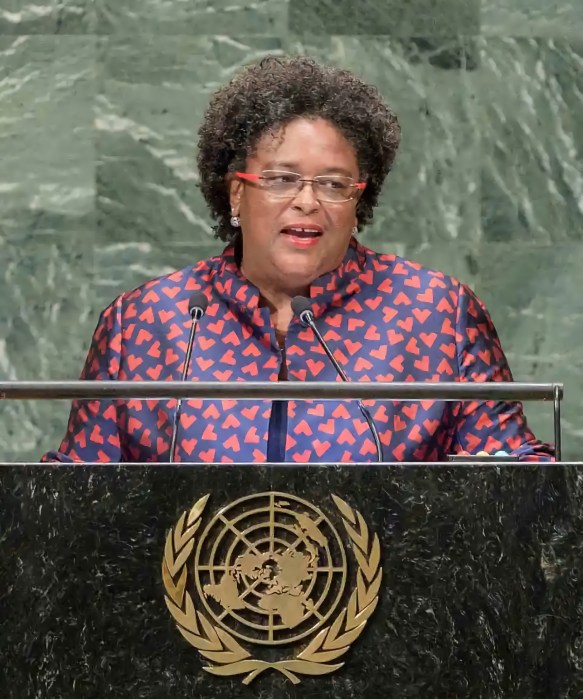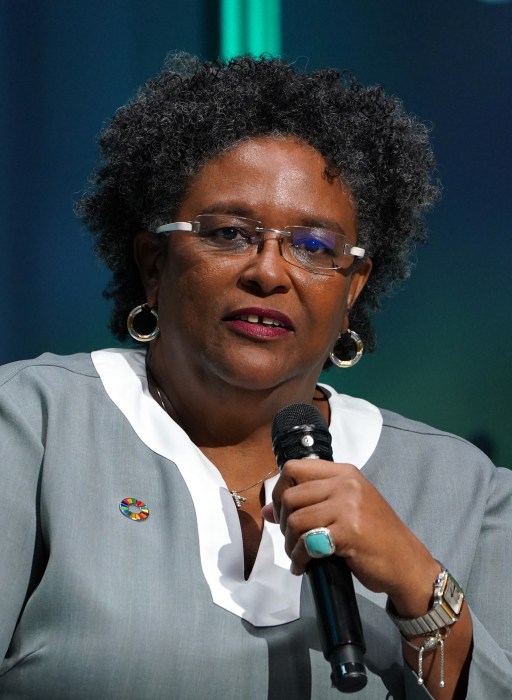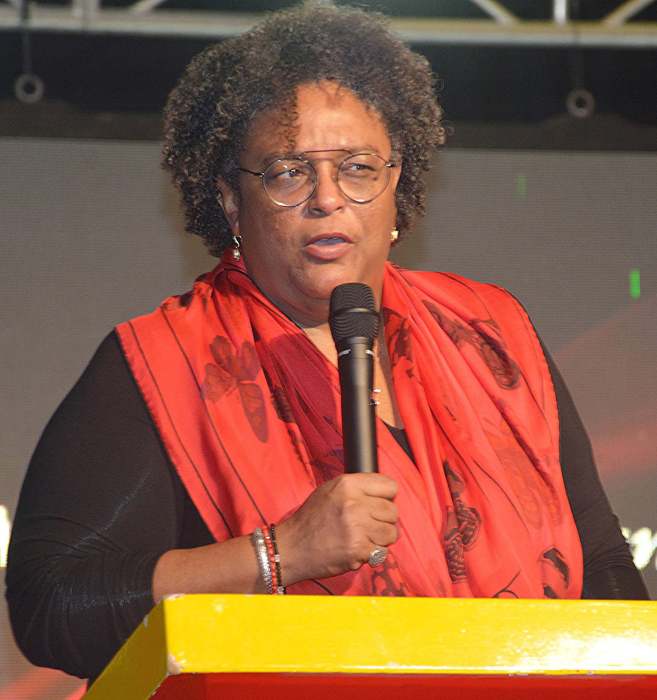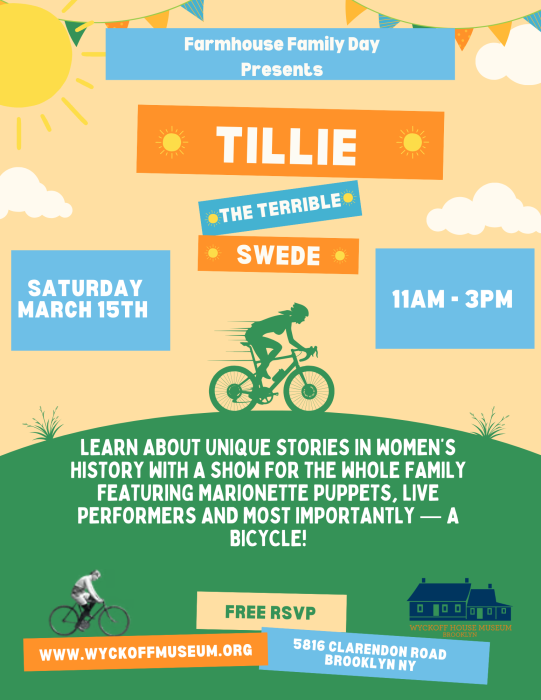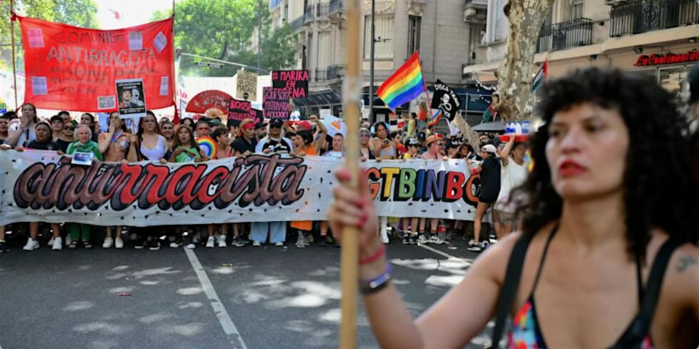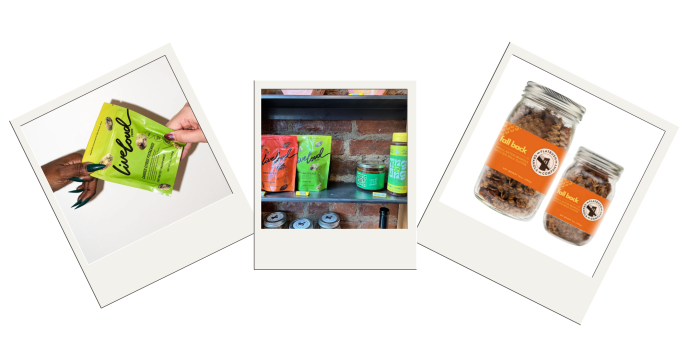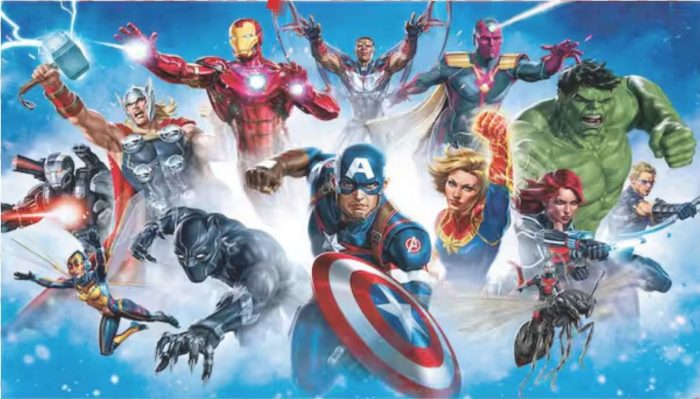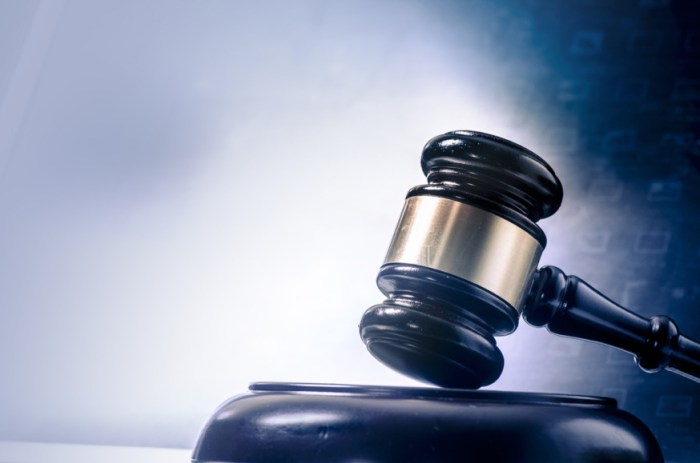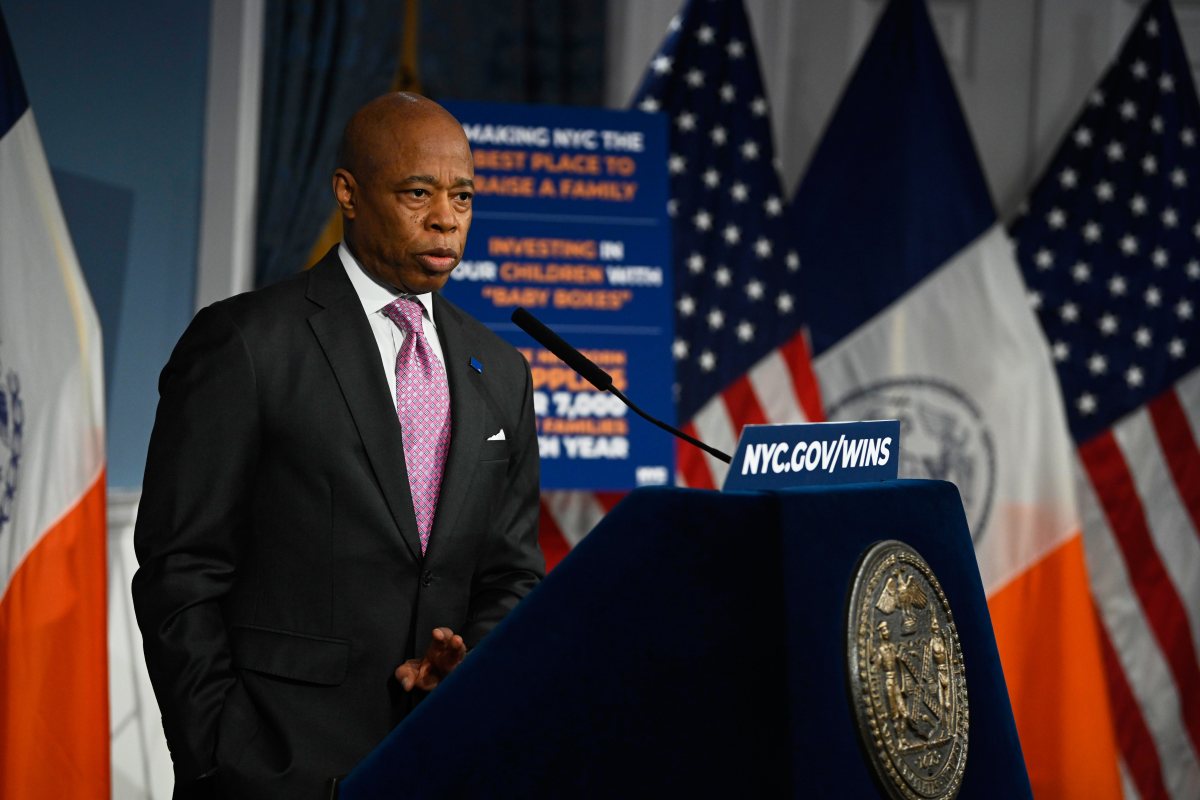When it comes to political stability and general services, the Caribbean Community nation of Barbados is regarded as not only the best Afro-run country in the world but also one of the most organized societies in the western hemisphere.
But deep beneath the surface of life in this 166-square-mile country that is commonly referred to as little Britain, runs the problem of growing racial tensions between blacks and the country’s tiny but economically dominant white local class. Blacks comprise about 90 percent of the population of more than 350,000 and when it comes to living standards ratings, Barbados is ranked at 53, a remarkable placing for a country with little natural resources.
Many Afro Bajans say the whites who had enjoyed all the privileges dating back to the British colonial era of more than 400 years ago, argue that nothing has changed for them and they are still at the bottom of the economic and social ladder despite the fact that Afro leaders and political parties have run the country for the past 50 years since the island achieved independence back in 1966.
But as it prepares for massive jubilee celebrations in November, some of the more militant Afro Bajans are raising the race issue and reviewing the state of play 50 years after the island pulled down the Union Jack and hoisted its own national flag.
“The Barbados society in its current structure is not sustainable. There is, in Barbados, a division of labor which says that the black community will occupy and control the politics and the white elite will control the economy,” University of the West Indies Vice-Chancellor Sir Hilary Beckles said at a public lecture this week.
“All of us as citizens of Barbados have to examine this model and transform it. It has to be transformed in order to fulfill the vision if our ancestors in General Bussa’s time, General Greene and Clement Payne,” he said referring to Barbadian heroes of the past.
To many blacks in Barbados, such words and observations coming from the mouth of Sir Hilary is significant. After all, Beckles is the man Caribbean trade group governments have chosen to lead the regional effort to make Britain and other European slave trading societies pay blacks millions in reparations for the horrors of the TransAtlantic slave trade.
Beckles has already addressed the British House of Commons and has detailed for them some of the findings of the research by various national reparations commissions about the effects of slavery on Caribbean societies.
In this case, he is turning his attention to his native Barbados where, perhaps more than in any of its regional neighbors, the white gentrified class sits at the top of society. Many of the established white families have over the decades worked to ensure that relatives join both parties so as to be in a position to influence and shape policies that would not affect them and maintain their top ranking status in all aspects of life.
Beckles argues that the “economic white supremacy system” is subversive to democracy” and notes that economic reorganization is highly necessary “because, in my judgment, the young people of this island deserve a more democratic society. They have paid their price in history for democracy and freedom.”
Harking back to the period leading up to 1966, he said that independence leader and late Prime Minister Errol Barrow had ruled out holding a referendum on whether the island should head to independence because of the mindset of black Barbadians at the time.
“The independence movement in Barbados was divided. The white community on the whole did not support independence. Barrow was fearful that the black people were fearful and he knew that if he had placed independence before the people of Barbados in a referendum they would have rooted to stay as a colony. He did not trust the vote for independence and so he said no referendum.”


